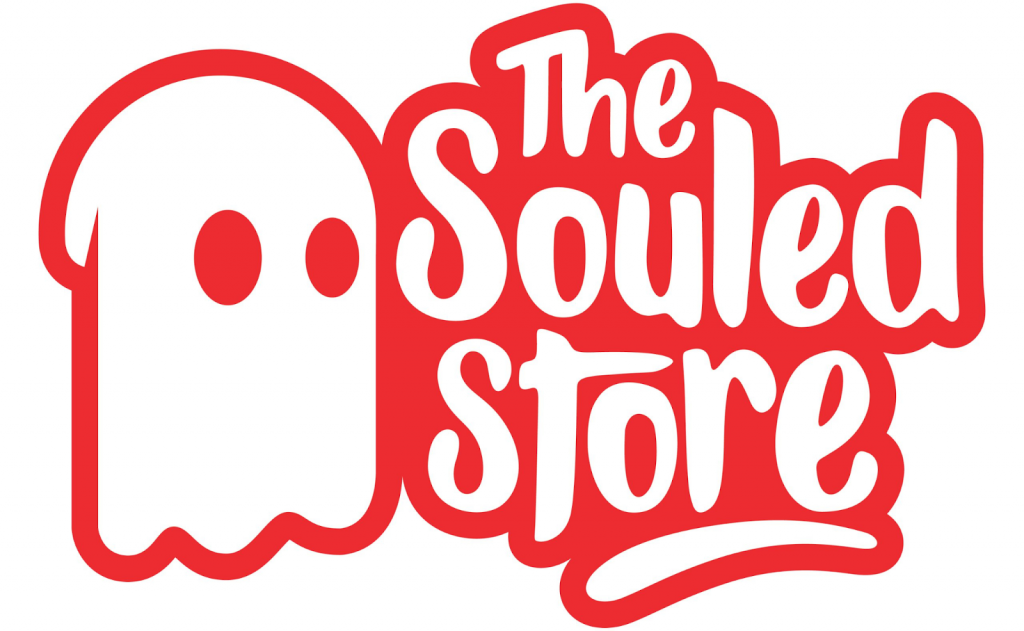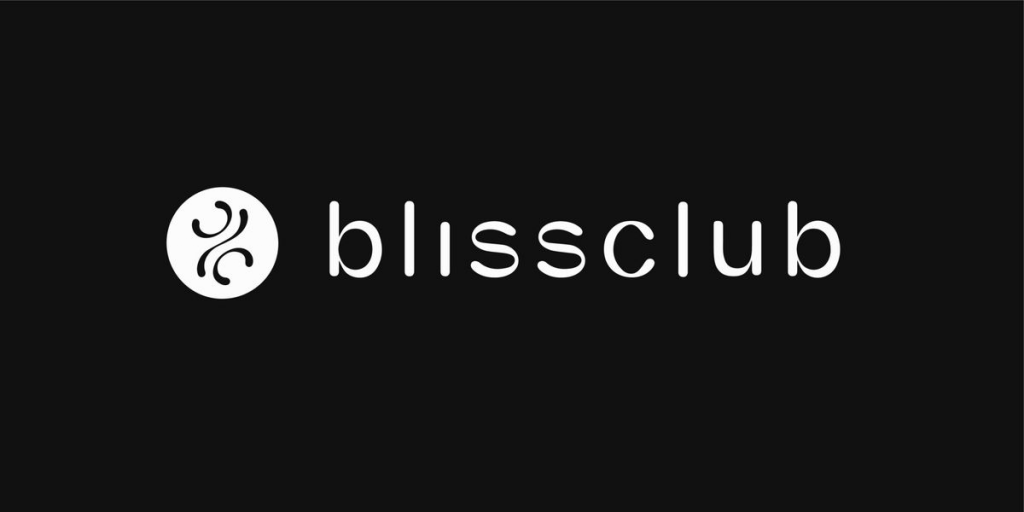India’s fashion scene is a vibrant fusion of ancient craftsmanship and cutting edge innovation. In 2025, startups are at the forefront, leveraging direct to consumer (D2C) models to democratize style. From Jaipur’s handloom revivals to Bengaluru’s AI driven designs, these ventures are not just selling clothes, they’re reshaping consumer habits. With over 3800 apparel brands emerging, the sector emphasizes sustainability and personalization, attracting $1.43 billion in funding over the past decade. This guide spotlights the top players making waves.
Why These Startups Stand Out
These selections are based on funding traction, revenue growth, innovation, and market impact. They represent a mix of established names and rising stars, focusing on affordability, ethics, and tech. Whether you’re a shopper seeking trendy picks or an investor scouting opportunities, these brands highlight India’s fashion evolution.
1. Snitch: Premium Menswear Redefined

Founded in 2019 by Siddharth R. Dungarwal in Bengaluru, Snitch is a D2C premium menswear brand specializing in trendy casual wear like shirts, jeans, and jackets. Its revenue crossed ₹520 crore in FY25, driven by rapid inventory turnover, social media savvy, and omnichannel expansion. The brand has raised over ₹278 crore (about $33 million) in recent funding rounds, achieving a valuation of around ₹2500 crore. Shark Tank India fame boosted its visibility, while its edge lies in affordable premium pricing (₹500–₹2000) and weekly drops that keep trends fresh. Operating over 59 stores, Snitch serves a growing customer base exceeding a million, making it a go to for urban millennials.
2. Bewakoof: Quirky, Customizable Streetwear

Bewakoof, launched in 2012 by Prabhkiran Singh and Siddharth Munot in Mumbai, pioneered pop culture tees and custom prints. Now a multi category powerhouse (t shirts, joggers, dresses), it boasts around 42 million monthly users via its app. Funded to the tune of $39.5 million, Bewakoof emphasizes fun bold designs under ₹1000, achieving profitability through zero inventory models. Its community driven approach, user voted prints, fosters loyalty, making it a staple for Gen Z self expression. Projected revenue aligns with ₹500 crore, reflecting strong consumer engagement.
3. The Souled Store: Pop Culture Meets Fashion

Mumbai’s The Souled Store (2013, founders Harsh Lal and others) turns fandom into fashion with licensed merch from Marvel, Disney, and Indian icons. Offering tees, hoodies, and accessories, it reported ₹365 crore revenue in FY24, marking a 54% year on year growth and turning profitable with ₹18.2 crore PAT. Backed by $29.7 million in funding, its USP is inclusivity (sizes XS–6XL) and AR try ons. With 5 million customers, it’s expanding offline, blending nostalgia with streetwear for a ₹1000–₹2000 sweet spot.
4. BlissClub: Empowering Women’s Activewear

Co founded by Kaushik Muthyala in Bengaluru (2020), BlissClub targets fitness focused women with sports bras, leggings, and sets made from sustainable fabrics. It has raised around $26 million in funding, including a recent $5.3 million debt/equity round, with FY24 revenue at ₹87 crore (up 27% YoY) despite operating losses of ₹44 crore. Priced at ₹800–₹1500, its community events and body positive campaigns resonate, driving high retention (46%, above the 30% industry average). As athleisure booms, BlissClub is poised for gym to street dominance.
5. The Loom Art: Sustainable Handloom Revival

Jaipur’s The Loom Art (2017, Aarushi Kilawat) champions eco luxury with handloom kurtas and sarees using organic cotton and natural dyes. Featured in sustainable roundups, it supports 500 artisans and raised seed funding for global exports. At ₹2000–₹5000, its zero waste ethos appeals to conscious buyers, blending Rajasthan’s heritage with modern silhouettes. With rising demand for ethical wear, it’s a spotlight stealer in 2025. Revenue figures remain undisclosed, emphasizing artisan impact over scale.
6. No Nasties: Ethical Basics for Everyday

Delhi based No Nasties (2017, Apurva Kothari) crafts organic cotton basics like tees and loungewear, certified vegan and fair trade. It secured $1.5 million in funding, focusing on transparency via blockchain tracked supply chains. Affordable at ₹500–₹1500, its upcycled collections reduce waste by 40%. Empowering rural women artisans, No Nasties is a beacon for slow fashion amid fast fashion fatigue, with strong growth in ethical basics.
7. FabAlley: Curated Women’s Western Wear

Gurgaon’s FabAlley (2012, Shivani Poddar) curates dresses, tops, and co ords for urban women, emphasizing plus size inclusivity. With $31.4 million raised over 15 rounds, it reported ₹164 crore revenue in FY24 via app based styling tools, though operating losses persist. Prices range ₹800–₹3000, with AR previews cutting returns by 20%. Its influencer collabs and offline pop ups make it a D2C darling for work to weekend versatility.
8. Rare Rabbit: Luxe Casual for Men

Mumbai’s Rare Rabbit (2019, Gaurav and Vineet Sachdev) offers premium knits and shirts in merino wool and linen, targeting aspirational buyers. Backed by $24 million including a recent ₹50 crore round, it achieved ₹637 crore revenue in FY24 with profits surging to ₹75 crore (up 134% YoY). At ₹2000–₹5000, its subtle luxury and ethical sourcing (GOTS certified) appeal to professionals. With 50 stores and expanding to womenswear, it’s redefining quiet luxury in India.
9. Furrl: Discovery Platform for Indie Brands

Bengaluru’s Furrl (2021, Anubhav Sonthalia, ex Myntra) is a lifestyle e comm aggregator for 1000 D2C creators, curating fashion, beauty, and home. Raised $5 million, it uses AI for personalized feeds, processing 1 million monthly orders. Free for users, its commission model scales indie voices, making niche finds accessible at budget prices.
10. Purple Style Labs: Luxury Designer Aggregator

Delhi’s Purple Style Labs (2015, Payal Singhal and others) builds a luxury fashion house with platforms like Pernia’s Pop Up Shop, housing 500 designers. Funded $20 million, it blends online offline for ethnic couture (₹5000–₹50000). Its AR fittings and global reach position it as India’s answer to Net a Porter.
Funding and Growth Trends
India’s fashion startups raised $108 million across 29 rounds in 2025 (till September), down slightly from 2024 but focused on sustainability and tech. Key investors like Blume Ventures and 100X.VC back D2C innovators. The sector’s 3800 companies (285 funded) see 210 annual launches, with Bengaluru and Mumbai as hubs. IPOs like those in apparel signal maturity.
| Startup | Founded | HQ | Funding Raised (Total) | Key Focus | Revenue Milestone (FY24/FY25) |
| Snitch | 2019 | Bengaluru | $33M | Menswear | ₹520 Cr (FY25) |
| Bewakoof | 2012 | Mumbai | $39.5M | Streetwear | ₹500 Cr (Projected) |
| The Souled Store | 2013 | Mumbai | $29.7M | Pop Culture Merch | ₹365 Cr (FY24) |
| BlissClub | 2020 | Bengaluru | $26M | Activewear | ₹87 Cr (FY24) |
| The Loom Art | 2017 | Jaipur | Seed | Sustainable Handloom | N/A (Artisan Impact) |
| No Nasties | 2017 | Delhi | $1.5M | Ethical Basics | N/A |
| FabAlley | 2012 | Gurgaon | $31.4M | Women’s Western | ₹164 Cr (FY24) |
| Rare Rabbit | 2019 | Mumbai | $24M | Luxe Casual | ₹637 Cr (FY24) |
| Furrl | 2021 | Bengaluru | $5M | Indie Discovery | 1M Orders/Month |
| Purple Style Labs | 2015 | Delhi | $20M | Luxury Aggregator | N/A |
The Bigger Picture: Sustainability and Tech Driving Change
Sustainable startups like The Loom Art and No Nasties lead with hemp fabrics and upcycling, addressing the industry’s 10% global carbon footprint. Tech integrations – AR at Furrl, AI designs at He Spoke – cut waste and boost personalization. As video commerce rises, these brands eye hybrid models, creating 45 million jobs while honoring India’s artisanal roots.
India’s top fashion startups are more than businesses; they’re cultural catalysts blending heritage, ethics, and innovation. From Snitch’s rapid drops to No Nasties’ transparent chains, they empower consumers to shop smarter in 2025. As the market surges toward $25.92 billion, watch these disruptors redefine “Made in India” style – sustainable, inclusive, and unapologetically bold. For deeper dives, explore their sites or follow funding trackers like Tracxn.


Kuvipbet, huh? New to me, but the odds look decent. Deposited a bit, gonna try my luck on some football matches. Wish me luck, boys! Check it out yourselves: kuvipbet
6wo13z